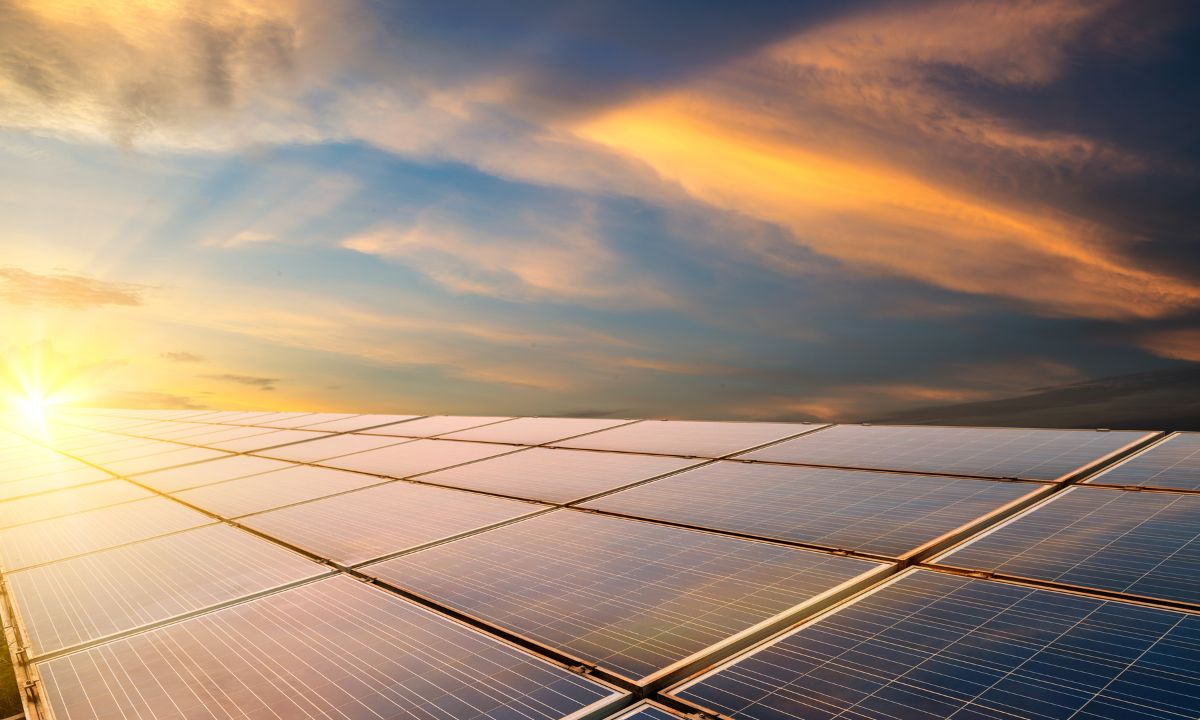 In recent years, solar panels have emerged as a sustainable and environmentally friendly solution to power generation. As the world continues to grapple with the effects of climate change, the adoption of solar energy has gained momentum. Beyond its positive impact on the environment, many individuals and businesses are also drawn to the potential savings associated with solar panel installations. However, amidst the growing popularity of solar energy, several myths and misconceptions persist.
In recent years, solar panels have emerged as a sustainable and environmentally friendly solution to power generation. As the world continues to grapple with the effects of climate change, the adoption of solar energy has gained momentum. Beyond its positive impact on the environment, many individuals and businesses are also drawn to the potential savings associated with solar panel installations. However, amidst the growing popularity of solar energy, several myths and misconceptions persist.
The Economic Benefits of Solar Panels
Long-Term Cost Savings: One of the primary attractions of solar panels is the promise of long-term cost savings on electricity bills. While the initial investment in solar panels can be significant, they often pay for themselves over time. Solar panels harness energy from the sun, providing a sustainable and free source of electricity once installed. As utility costs continue to rise, the savings accrued from solar energy become increasingly substantial.
Government Incentives: Many governments around the world offer financial incentives to encourage the adoption of solar energy. These incentives may include tax credits, rebates, and other subsidies that significantly reduce the upfront costs of installing solar panels. These financial benefits, combined with long-term savings, make solar panels a more attractive investment for individuals and businesses alike.
Energy Independence: Solar panels contribute to energy independence by allowing individuals and businesses to generate their own electricity. This independence not only insulates users from fluctuations in energy prices but also contributes to a more resilient and sustainable energy infrastructure.
Debunking Common Myths
Solar Panels Are Too Expensive: One prevalent myth is that solar panels are prohibitively expensive. While the initial cost of installation can be a significant investment, it is essential to consider the long-term savings and government incentives available. As technology advances, the cost of solar panels continues to decrease, making them more accessible to a broader range of consumers.
Solar Panels Are Inefficient in Cloudy or Cold Climates: Another misconception is that solar panels only work optimally in sunny and warm climates. While direct sunlight enhances efficiency, solar panels can still generate electricity on cloudy days. Additionally, solar panel efficiency improves in colder temperatures. Modern solar technologies are designed to capture and convert sunlight into electricity even in less-than-ideal conditions.
Maintenance Costs Are Prohibitive: Some believe that solar panels come with high maintenance costs, deterring potential users. However, solar panels generally require minimal maintenance. Regular cleaning and occasional inspections are usually sufficient to keep them functioning effectively. Many manufacturers offer warranties that cover maintenance costs for an extended period.
Solar panels not only contribute to a cleaner environment but also offer tangible economic benefits. The potential for long-term cost savings, combined with government incentives, makes solar energy an increasingly attractive option. As technology advances and awareness grows, debunking myths surrounding solar panels becomes crucial in fostering a wider adoption of this sustainable and economically viable energy source. Embracing solar energy not only makes financial sense but also contributes to a brighter and more sustainable future for generations to come.
